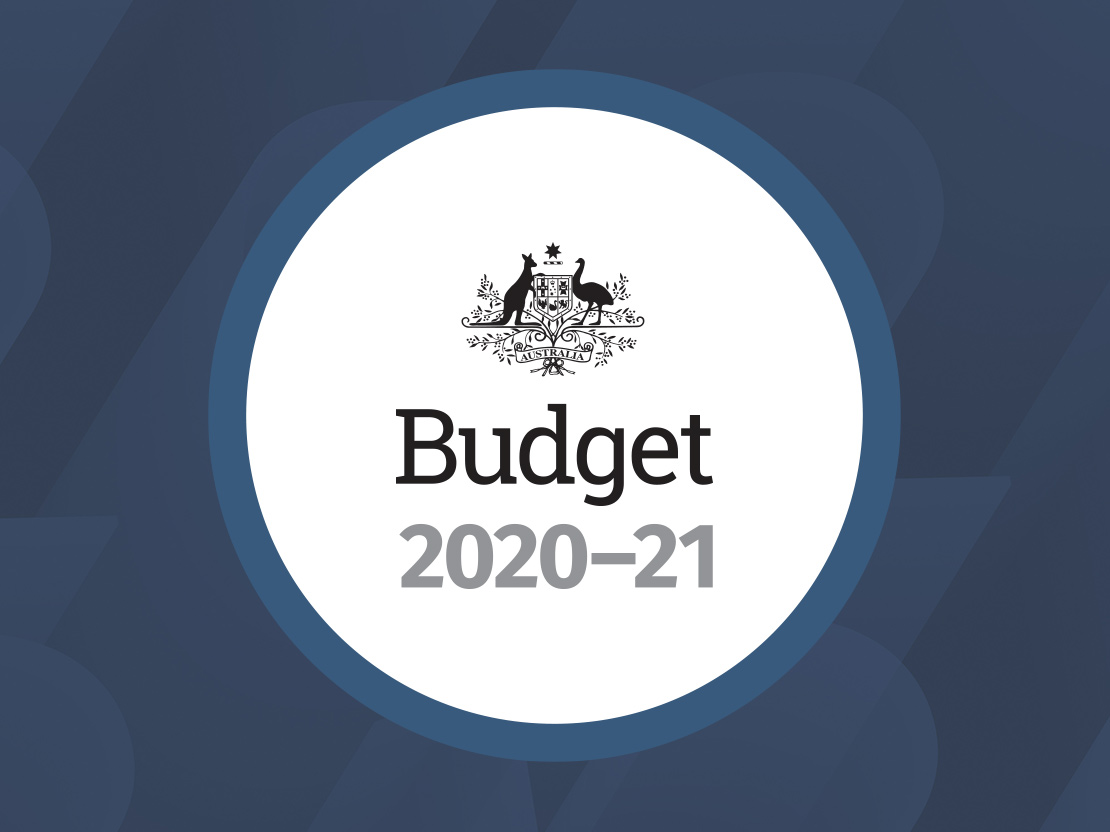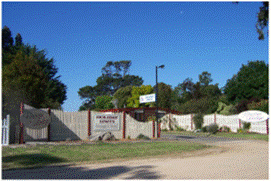Where there’s a will, there’s a way

Last will
Sorting out the tax affairs of a deceased person may seem like a daunting task, especially with laws varying between Australian states and territories.
This guide should help you finalise any tax ‘loose ends’ which will need tying up.
State Trustees
Depending on which state or territory the deceased person lived in when they died, the law applying to assets and income will vary. The Public Trustee Office in your state or territory holds information regarding inheritance laws.
Depending on which state or territory the deceased person lived in when they died, the law applying to assets and income will vary. The Public Trustee Office in your state or territory holds information regarding inheritance laws.
Definition of a deceased estate
Property and other assets, such as money in bank accounts, superannuation, life insurance, shares, and personal goods, as well as the sources of some types of income which belonged to a person who has dies are referred to as their deceased estate.
If you are made an executor of an estate, you may also be referred to as the ‘trustee’, and you are the person who administers the deceased estate in the best interest of the beneficiaries. The executor helps to tie-up any loose ends and finalise the deceased person’s personal affairs.
Property and other assets, such as money in bank accounts, superannuation, life insurance, shares, and personal goods, as well as the sources of some types of income which belonged to a person who has dies are referred to as their deceased estate.
If you are made an executor of an estate, you may also be referred to as the ‘trustee’, and you are the person who administers the deceased estate in the best interest of the beneficiaries. The executor helps to tie-up any loose ends and finalise the deceased person’s personal affairs.
Responsibilities of an executor
- Locates the will
- Arranges the funeral
- Applies for probate
- Obtains a death certificate
- Informs investment bodies of the death
- Checks insurance policies – home, contents, car, life, health
- Checks superannuation policy
- Informs Centrelink
- Locates and assesses the value of assets
- Pays debts, income tax and funeral expenses
- Transfers assets and pays stamp duty; and
- Distributes the surplus to beneficiaries
If you have been appointed as an executor of a deceased person’s estate, you will be responsible for carrying out the wishes and terms contained in the deceased person’s will, or – where no will exists – be responsible for complying with the relevant inheritance laws. You will also have responsibility for managing the deceased estate’s tax affairs.






